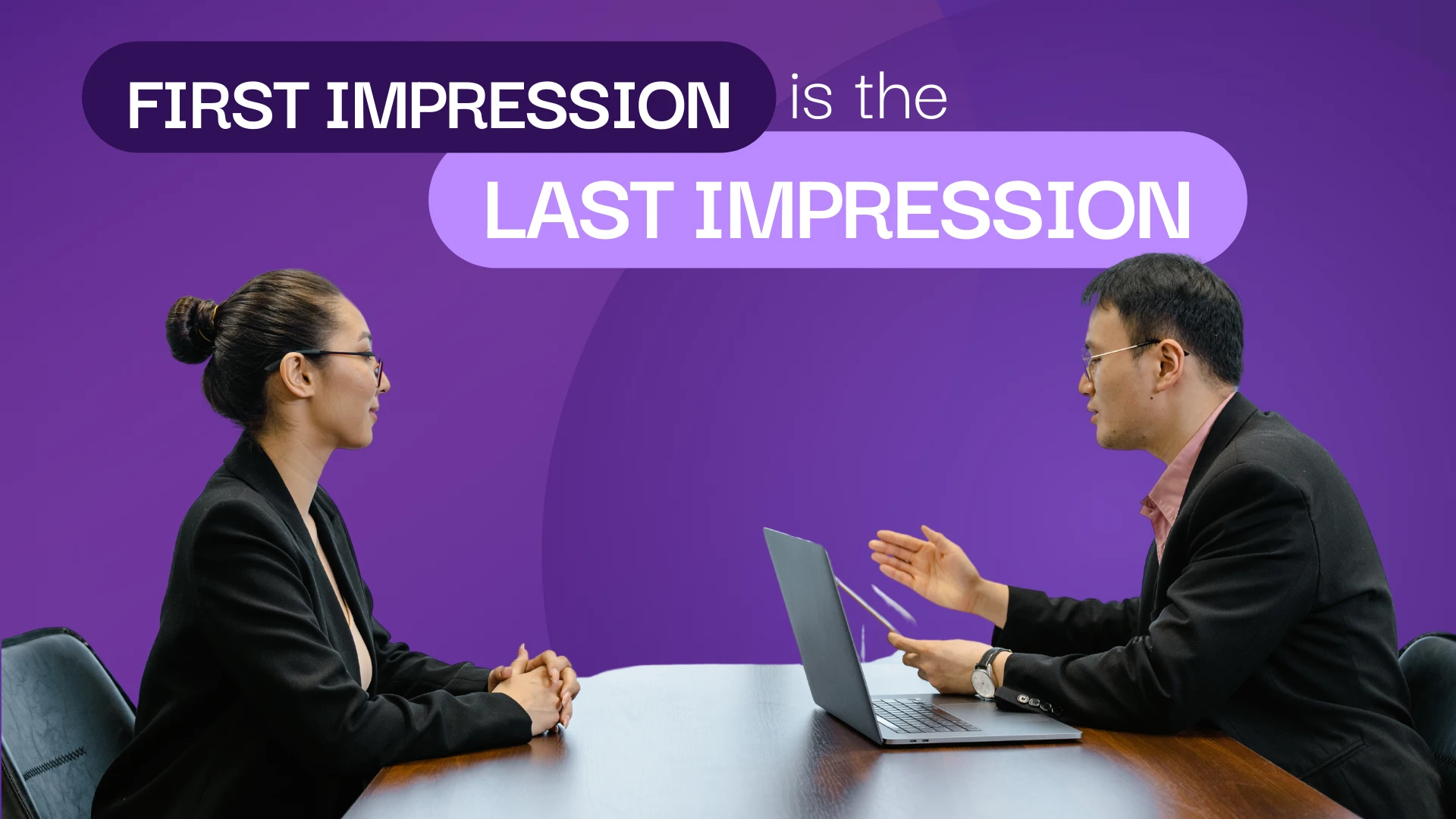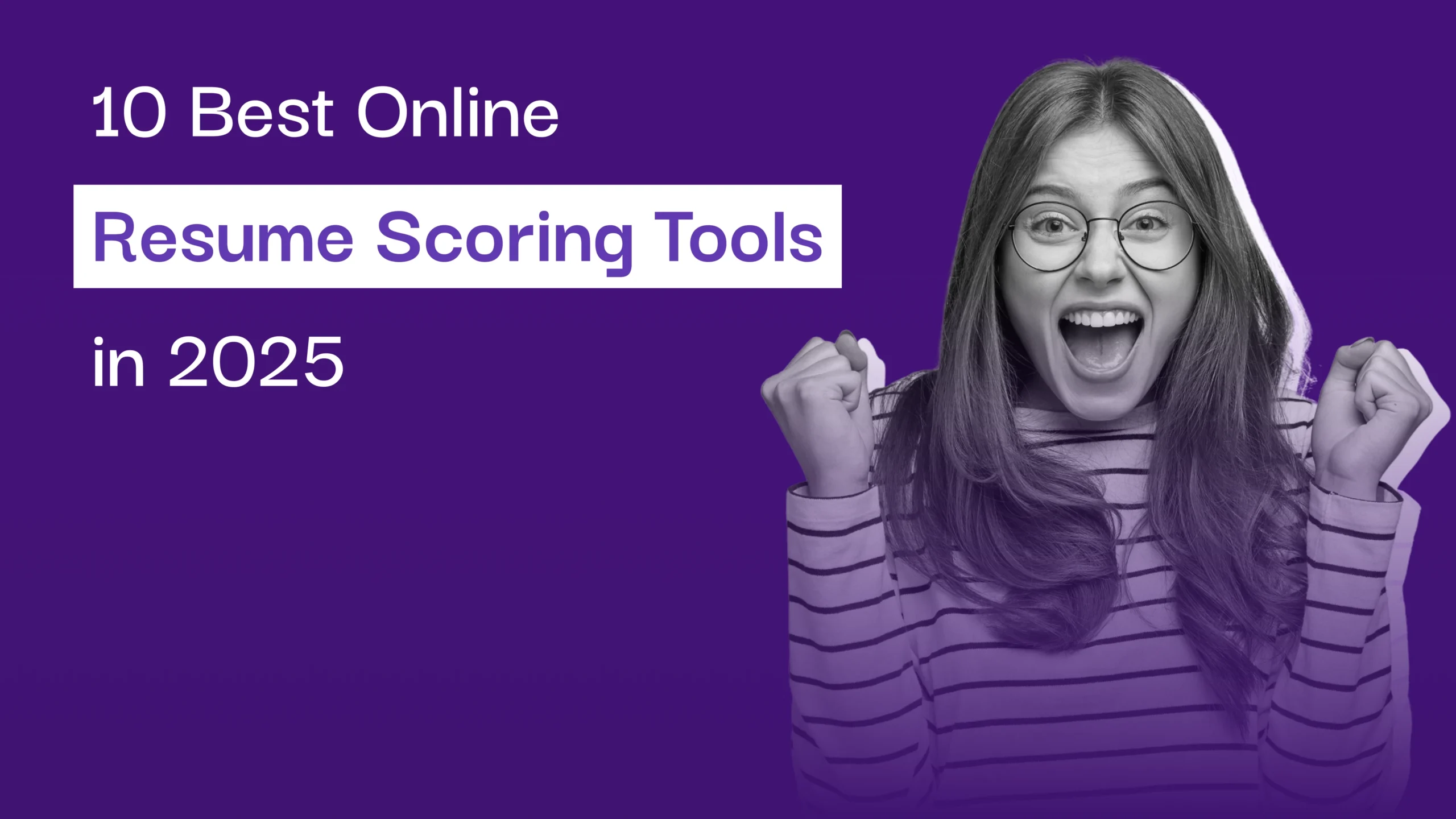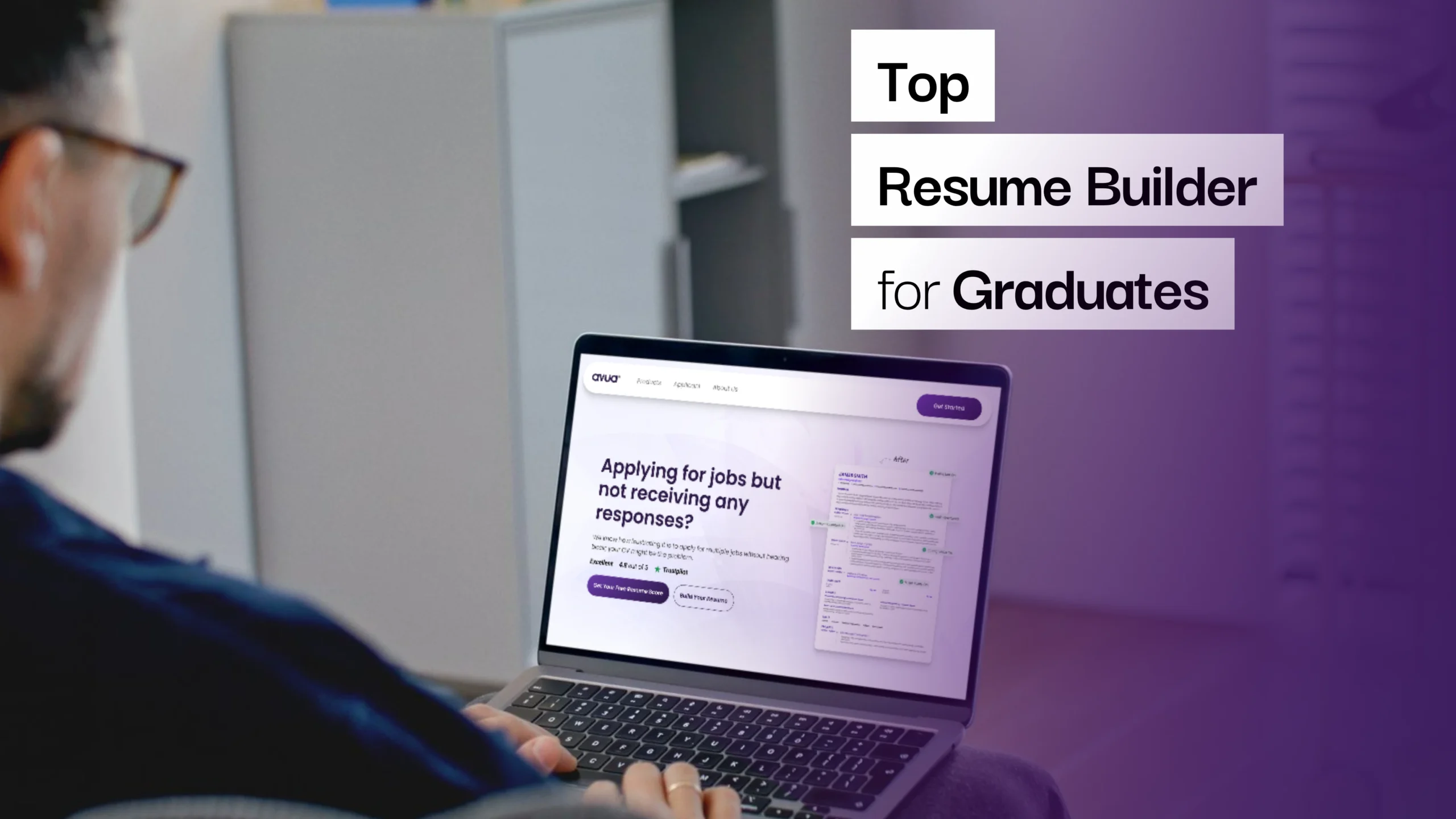Initial impressions are critical for a job seeker, and your presentation can set the tone for the rest of the interview. Regardless of whether you are a recent graduate or an experienced professional, the ability to create a lasting influence is crucial. These interview tips will present the most effective strategies to excel in any interview and create a lasting impression.
1. Do your research
Prepare for the interview by researching the company, its culture, and the position. Understanding the company’s principles and how your abilities align with its objectives enhances your preparation. You will also be capable of posing informed inquiries, demonstrating authentic interest in the organization.
Tip: Examine the company’s website, check recent news items, and assess employee evaluations on platforms such as Glassdoor.
2. Attire for achievement
Your wardrobe is one of the first things an interviewer observes. Dressing professionally for the role demonstrates that you take the opportunity seriously. Even in companies with a casual dress code, it’s better to be overdressed than underdressed.
Tip: Always ask the recruiter or check the company’s social media to get a sense of their dress code requirements.
3. Arrive punctually
Arriving late for an interview is a straightforward method to create an unfavorable initial impression. Strive to arrive at least 10-15 minutes early, both to alleviate your anxiety and to convey respect for the interviewer’s time.
Tip: Plan your journey in advance and consider probable delays, especially if the interview is at an unfamiliar place.
4. Practice your body language
Non-verbal communication is equally as important as spoken expression. A solid handshake, correct posture, and direct eye contact can significantly impact interactions. With open body language, demonstrate confidence and approachability.
Tip: Engage in practice sessions with a companion or before a mirror to enhance your self-presentation skills.
5. Prepare your answers
While you can’t predict every question, you can prepare for common ones like “Tell me about yourself” and “Why do you want this job?” and “What are your strengths and weaknesses?” Anticipating your responses will enable you to reply with assurance and clarity.
Tip: Use the STAR approach (situation, task, action, result) while sharing your past experiences to create a systematic and clear response.
6. Ask with consideration
Interviews are reciprocal. Asking thoughtful questions not only enhances your understanding of the company but also demonstrates your engagement with the interviewer. Avoid basic questions regarding compensation or benefits; instead, focus on corporate goals or team chemistry.
Tip: Ask questions like “What are the biggest challenges the team is facing?” or “How does the company measure success in this role?”
7. Demonstrate your character
Interviews encompass not only qualifications but also cultural compatibility. Be yourself and let your personality shine through. Exhibiting warmth and authenticity facilitates a personal connection with the interviewer.
Tip: Do not hesitate to express your sense of humor or discuss your interests beyond work, provided they are pertinent to the dialogue.
8. Follow-up
After the interview, send a follow-up email to thank the interviewer for their time. This minor action emphasizes your enthusiasm for the position and keeps you visible to them.
Tip: Personalize your email by mentioning something specific from your interview conversation.
Making a positive impression at an interview is about preparation, professionalism, and honesty. You’ll walk into your next interview with confidence if you follow these recommendations. Your enduring influence may advance your prospects for employment. Remain knowledgeable, involved, and excel in that interview!
To schedule your next interview, apply for the job on your avua dashboard.



